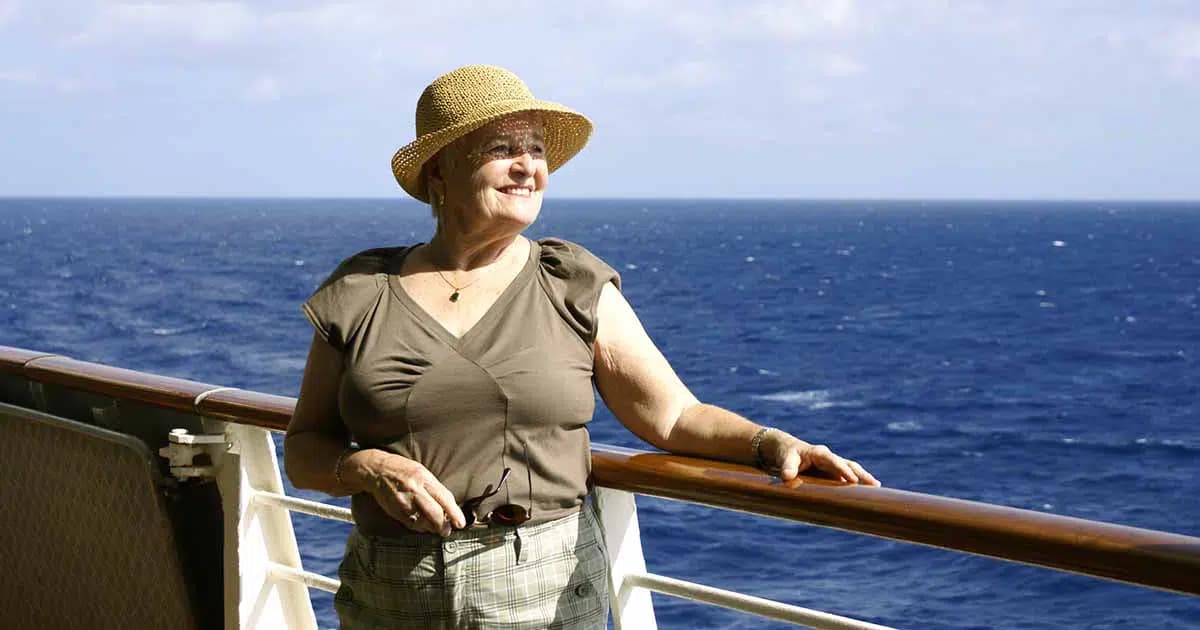
Mother of Four
Like a Mortgage
June never told Mary, Patricia, or Martin about the loan as she felt they wouldn’t want her giving all that money to Mary. When Patricia asked how she paid for the cruise with Rose June lied and said that she and Rose had done very well one night at bingo and decided to treat themselves to a cruise.
The Fallout
Patricia, Ann and Martin were shocked to learn that such a loan existed and could not think of what their mother could have needed such a large sum of money for. Mary, at the months mind, told her siblings that her mother had given her €55,000 15 years ago and she was aware it had come from a loan against the property but had never dreamed that the interest would be so costly.
Patricia and Ann were horrified and enraged, both having expected to inherit approximately €100,000 each from their mother’s estate and would now only receive €30,000. They accused Mary of tricking their mother into giving her this money and squandering their inheritance. Martin attempted to take the role of mediator in the group. Patricia and Ann told Martin he should not butt in as he did not have any money worries and did not need an inheritance.
The Unintended Consequence
Please note for privacy and GDPR reasons names and circumstances have been changed to protect the identity of the individuals involved.
